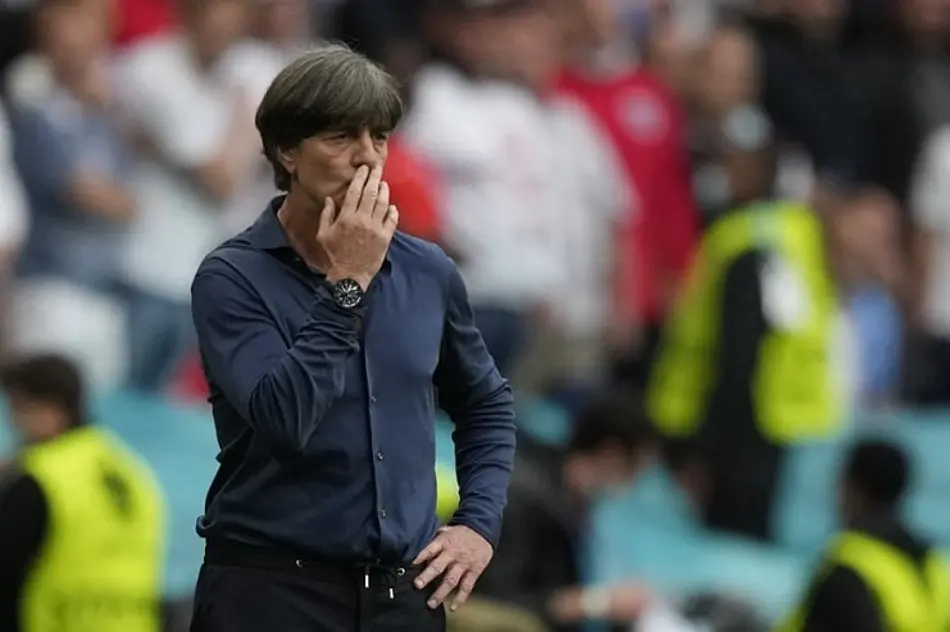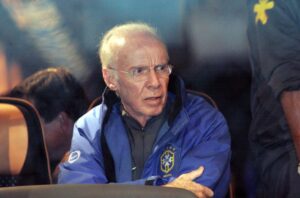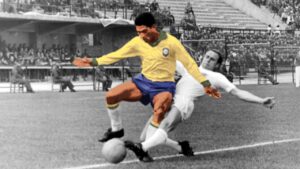World Cup Strategies: Coaches Who Revolutionized with 15 Tacticians
Behind every great World Cup triumph is a master tactician—a coach whose vision, adaptability, and innovation shaped the outcome of matches and the evolution of the game. These 15 managers didn’t just win—they changed soccer forever.
1. Rinus Michels – The Architect of Total Football
With the Netherlands in 1974, Michels introduced “Total Football”—a fluid, positional approach where any player could take on any role. It laid the foundation for modern tactical flexibility.
2. Franz Beckenbauer – Player Turned Mastermind
Beckenbauer, a World Cup winner as both player and coach, led Germany to glory in 1990. His calm demeanor and defensive organization brought a balanced approach to tournament football.
3. Carlos Alberto Parreira – The Brazilian Balance
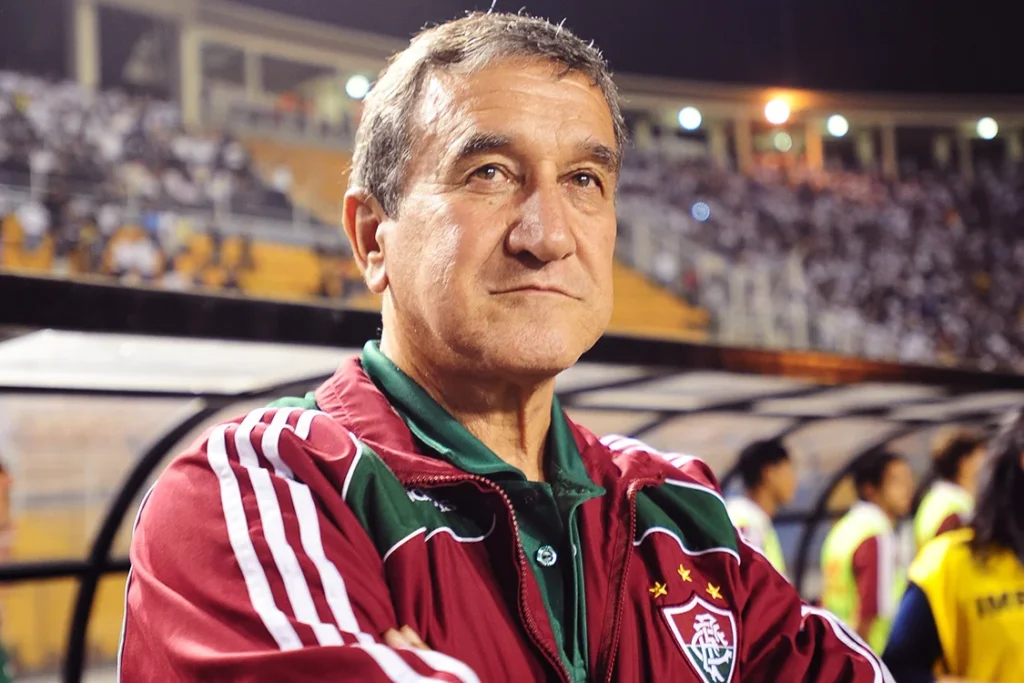
Parreira’s 1994 Brazil squad showed a more defensive side of the Samba game. His ability to blend flair with structure earned Brazil their fourth title—and respect for tactical discipline.
4. Marcelo Bielsa – The Philosopher
Though he didn’t win a World Cup, Bielsa’s influence on pressing, fitness, and player intelligence is profound. His 2002 Argentina team played a bold, high-tempo style that reshaped coaching norms.
5. Joachim Löw – Germany’s Data-Driven Leader
Löw’s 2014 World Cup-winning side was built on data, movement, and possession. His 7–1 win over Brazil in the semifinal is one of the most tactically dominant displays in history.
6. Didier Deschamps – The Winning Captain and Coach
Deschamps led France to the 2018 title by mastering transitional play and maximizing a young, diverse squad. His pragmatic tactics turned potential into silverware.
7. Vicente del Bosque – Spain’s Tiki-Taka Maestro
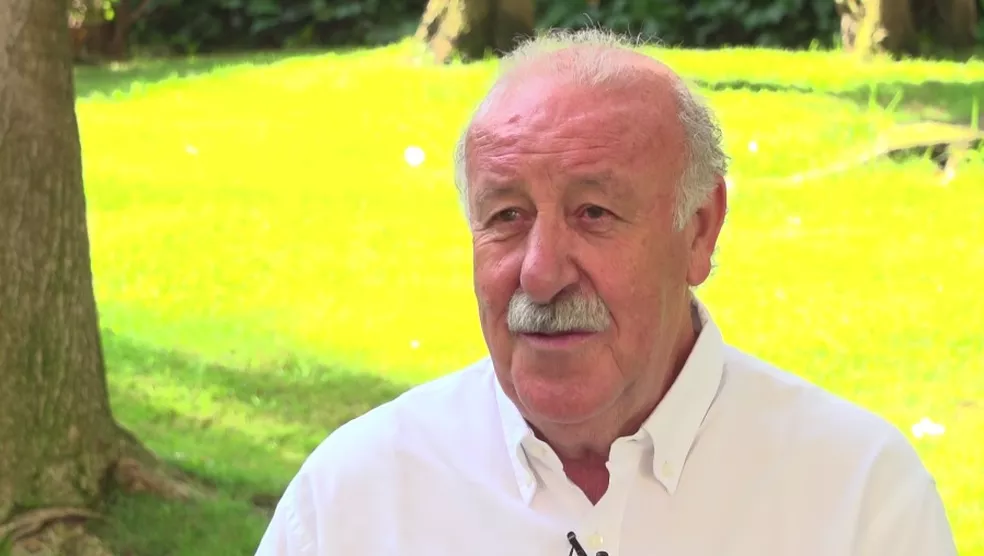
Del Bosque’s Spain played the most refined version of tiki-taka. His 2010 World Cup-winning team maintained 65%+ possession on average, suffocating opponents with precision.
8. Helmut Schön – Germany’s Historic Giant
Leading West Germany to the 1974 title, Schön implemented aggressive pressing and tactical rigidity. He was one of the first to use data and scouting reports effectively.
9. Mario Zagallo – A Rare Dual Champion
One of only three people to win the World Cup as player and coach, Zagallo’s 1970 Brazil team is still considered the greatest of all time, blending individual brilliance with fluid strategy.
10. Luiz Felipe Scolari – Passion and Structure
Scolari’s 2002 Brazil team found the perfect balance of attack and defense. His leadership style inspired loyalty, and his tactics gave Ronaldo the freedom to dominate.
11. Herve Renard – The Motivator of Underdogs
Known for guiding smaller nations, Renard led Saudi Arabia to a shock win over Argentina in 2022. His ability to extract peak performance from modest squads is unmatched.
12. Cesar Luis Menotti – The Romantic Visionary
Menotti’s 1978 Argentina side emphasized attacking play and player expression. His philosophy shaped Argentina’s football identity for decades.
13. Gregg Berhalter – Modernizing the USMNT
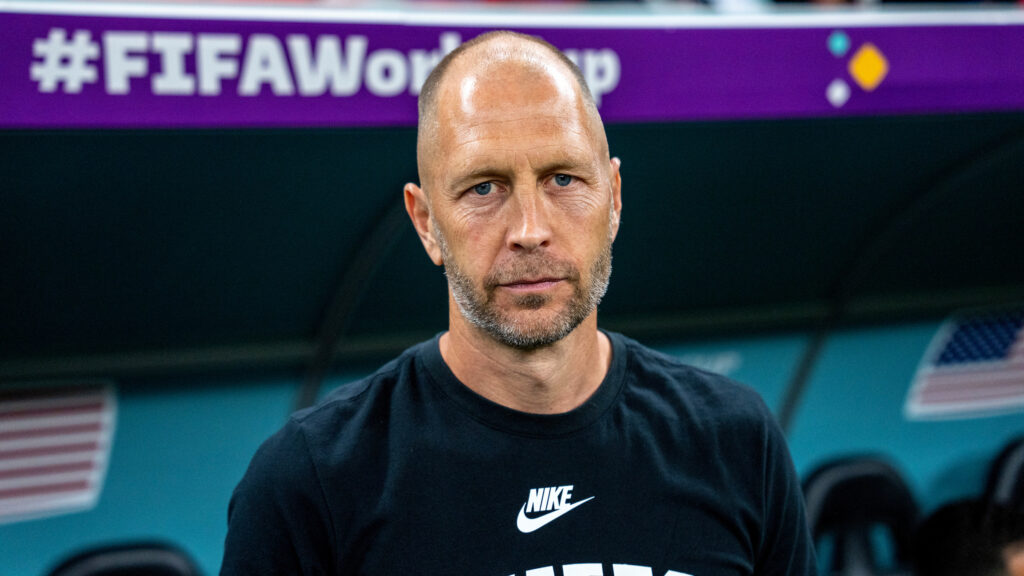
Berhalter’s emphasis on building from the back and controlling possession marked a tactical shift for the U.S. His data-driven approach and youth investment have shaped a new era.
14. Walid Regragui – Morocco’s 2022 Miracle Run
Regragui masterminded Morocco’s run to the semifinals, the first by an African nation. His compact defense, high pressing, and player unity stunned the soccer world.
15. Alf Ramsey – The Wingless Wonder
England’s 1966 coach Alf Ramsey innovated with his 4-4-2 “wingless wonder” system, which emphasized midfield dominance. It led to England’s only World Cup title.
References
- FIFA.com – Coach Profiles and Tactical Evolution
- BBC Sport – World Cup Coaching Legends
- ESPN FC – Tactical Analysis Features
- The Athletic – Managerial Impact on World Cups
- Bleacher Report – Greatest Managers in World Cup History
